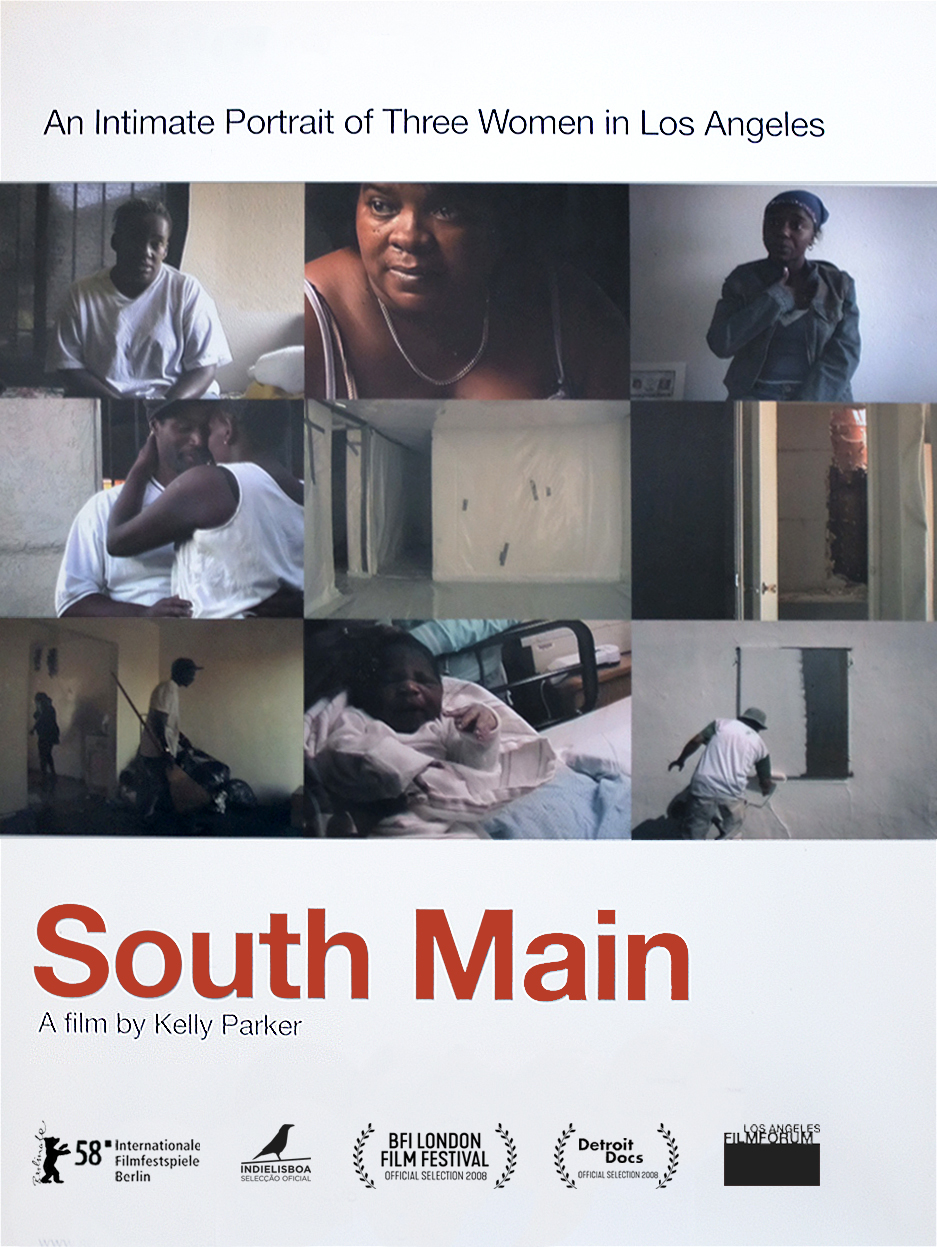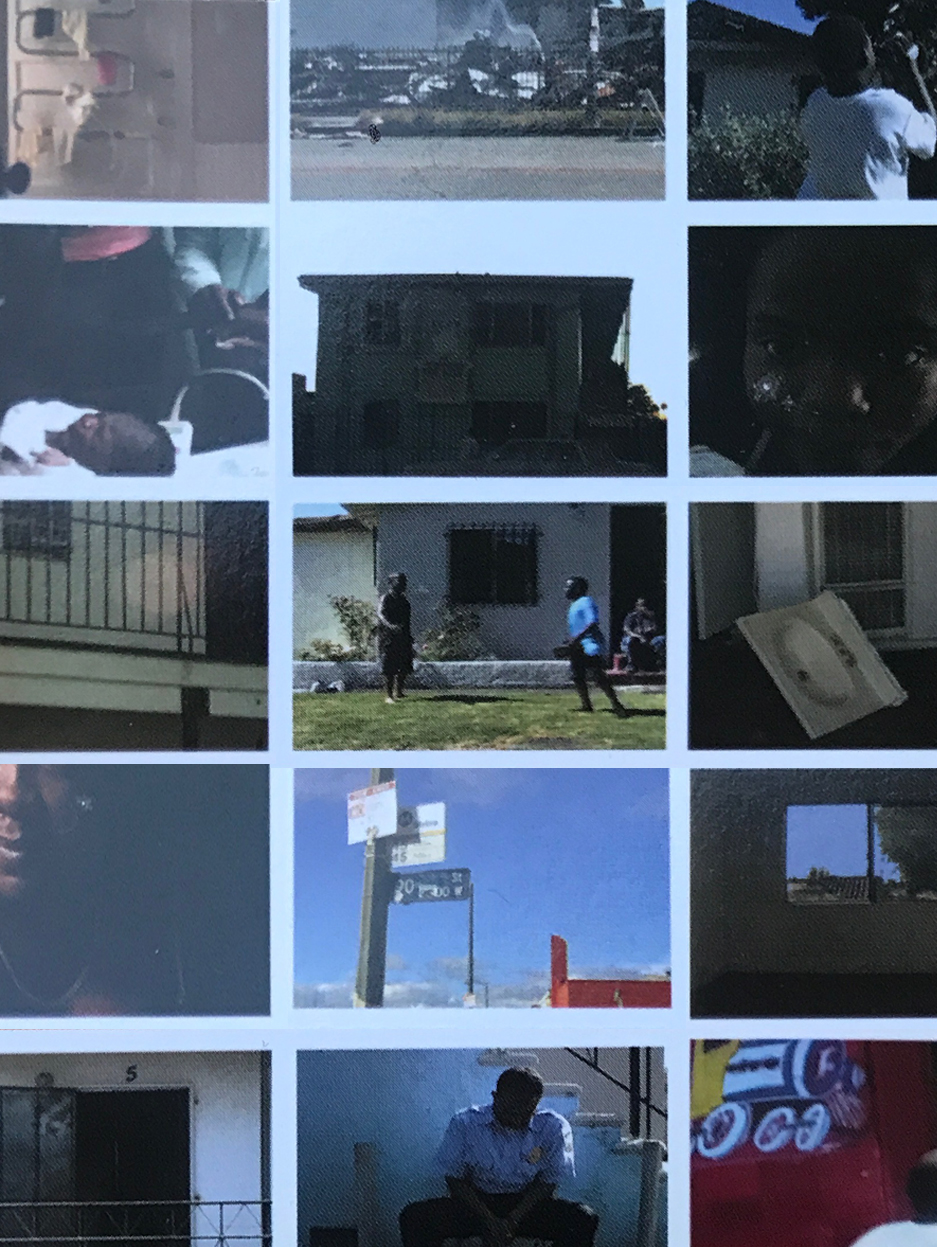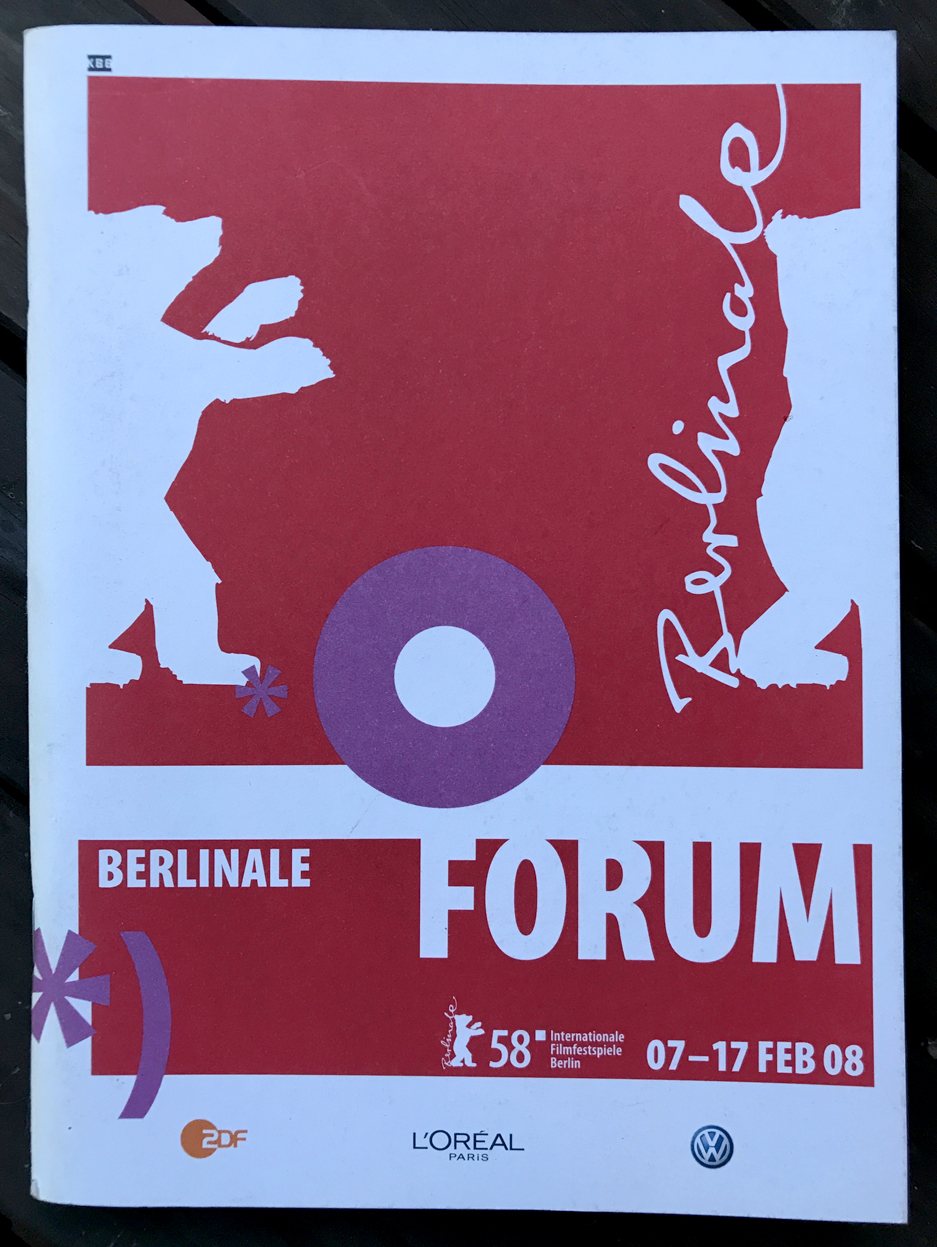"An unblinking, deeply resonate look at three women and their families navigating a government-imposed relocation in an underprivileged section of Los Angeles, confident docum "South Main" marbles furious rigor with streaks of clear eyed compassion." - Variety "Parker’s composed images record the texture of local lives with a lucid compassion which recalls the work of Charles Burnett. Resisting hyped-up drama, it’s a low-key portrait, but a valuable one." - Time Out "Parker observes their struggles to recreate their lives with rigor, compassion and complicity. Her static camera self-consciously creates "a space of time filled with moving," as Gertrude Stein once defined cinema. There are not great revelations, just moments of great intensity and great beauty as in a Pedro Costa film." - Thom Andersen, Director (Los Angeles Plays Itself, 2003)
Read MoreSouth Main
Director / Cinematographer / Editor Documentary, 77 mins World Premiere Berlinale, 2008I moved from Detroit to Los Angeles in 2004 to attend graduate school for fine art. I read a story in the LA Times, which shared that a "dangerous" and "gang infested" apartment complex in South Central was being shuttered and the residents forced to move. The writer shared that the residents didn't want to move out, so I simply became curious as to why not? I went to the location and was able to talk with some of the residents. An hour after my visit, the fiance of Latisha, one of the women I had been speaking with, was shot and killed just outside the gate of the complex. The urgency of that tragic event inspired the making of a documentary, South Main, which is about three women and their lives after their forced eviction. South Main became my graduate thesis film and premiered at the Berlin International Film Festival in 2008 and several other national and international festivals. Key mentors on the project include Director, Thom Andersen (Los Angeles Plays Itself, 2003), Film Curator, Berenice Reynaud and Director, Jem Cohen (Lost Book Found (1996), Chain (2004)
"In order to contain violence on the streets and rampant gang crime, city authorities decided in December 2004 to clear out and tear down one complete apartment block in South Central Los Angeles. The inhabitants, living below the poverty line and dependent on state support, received compensation and had to move on short notice. The film follows three African-American women, all of them single mothers, in their lives at their new homes. Latisha relates how her fiancé was killed on his way home in a random shooting shortly before the move. The film gives her a full ten minutes to describe the inconceivable. It is a scene of great intensity that brings the filmmaker’s attitude to a point: being there, listening, noticeably letting the time go by. No lurid wallowing in myths of the ghetto, no conjuring up of the “social powder-keg,” no social kitsch, but instead a participatory, exact view, concentrating on the women themselves. Precise, strictly framed images result from this, which neither accuse us nor appeal to us, but that simply show. Images from the underclass, telling of poverty and the precarious living conditions on the social periphery. Images from America at the beginning of the 21st century." - Birgit Kohler for the Berlinale Catalogue
Press Variety, Time Out, Chicago Reader, Cine-List,
Mentions Documenting Cityscapes: Urban Change in Contemporary Non-Fiction Film, By Iván Villarmea Álvarez Made in Michigan, Metro Times
Festivals Berlin International Film Festival (Forum), BFI London International Film Festival (World Cinema), Los Angeles Film Forum, IndieLisboa (Lisbon), Shadows Film Festival (Amsterdam), Detroit Docs, Chicago Underground Film Festival


